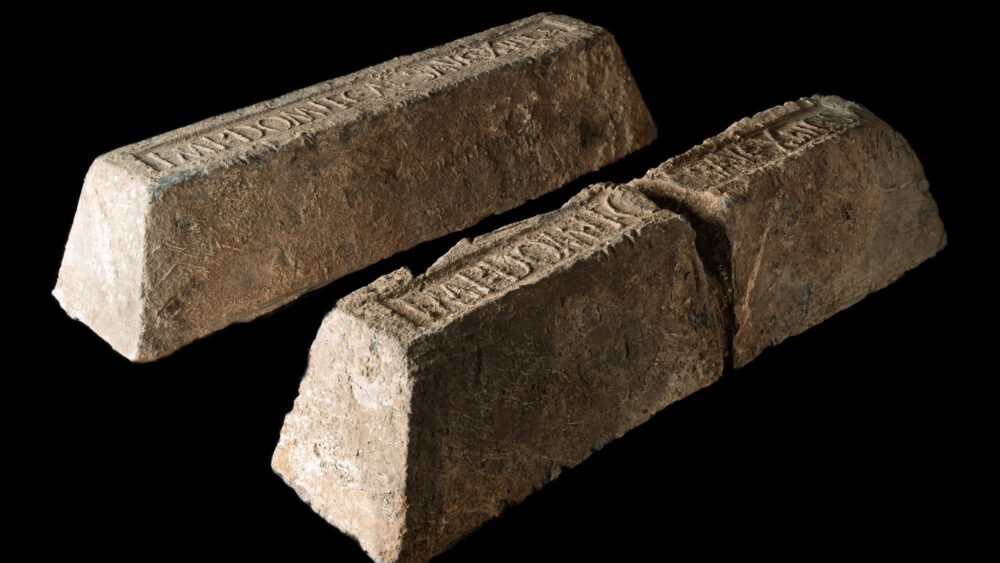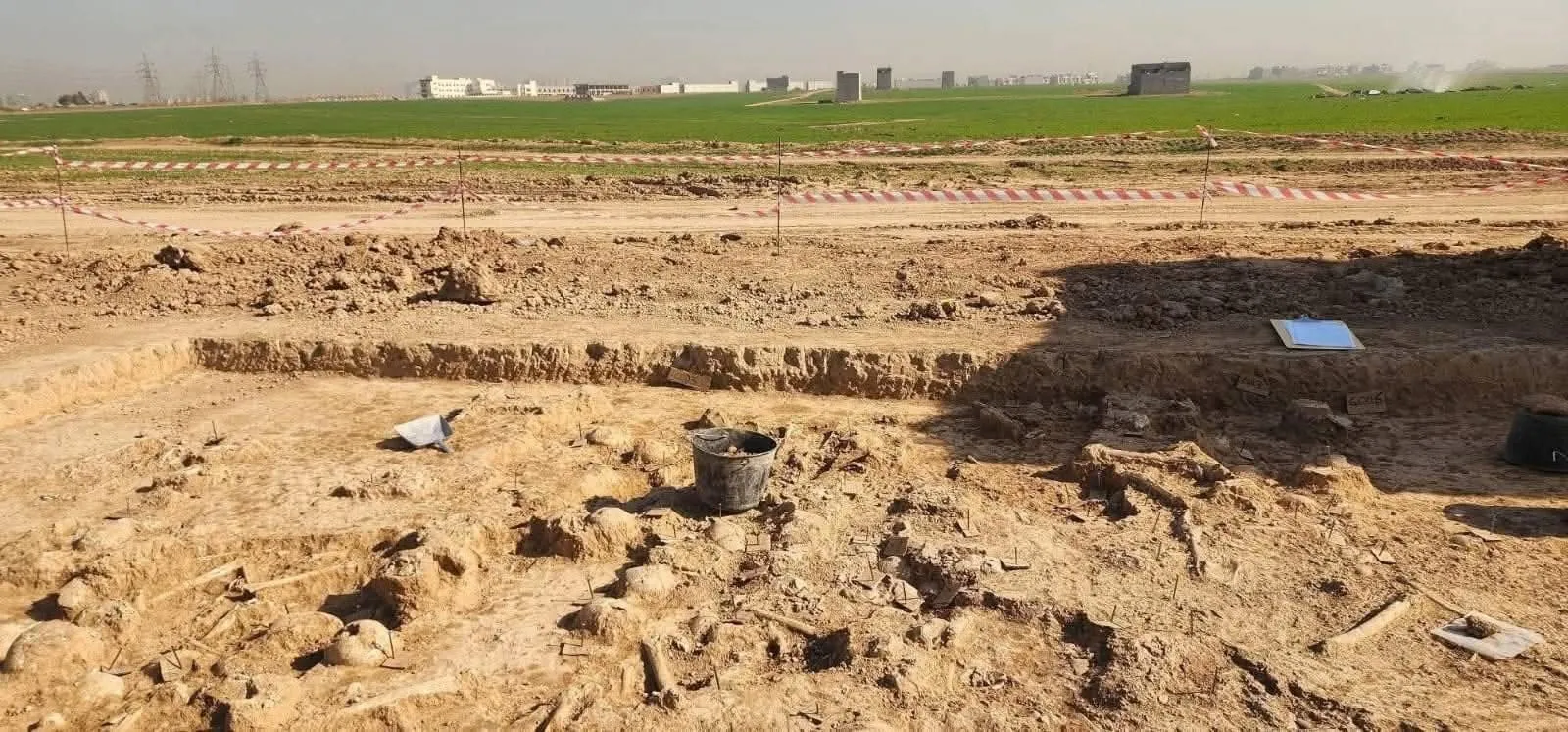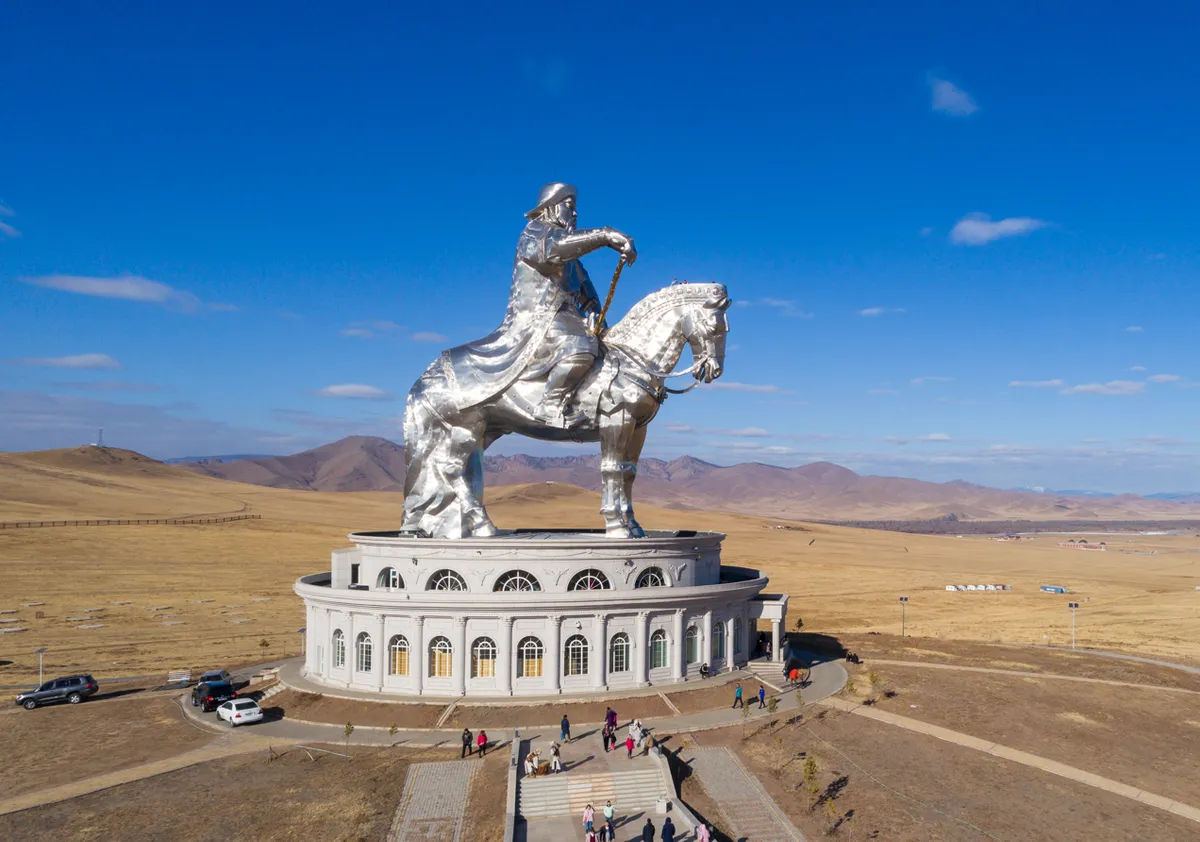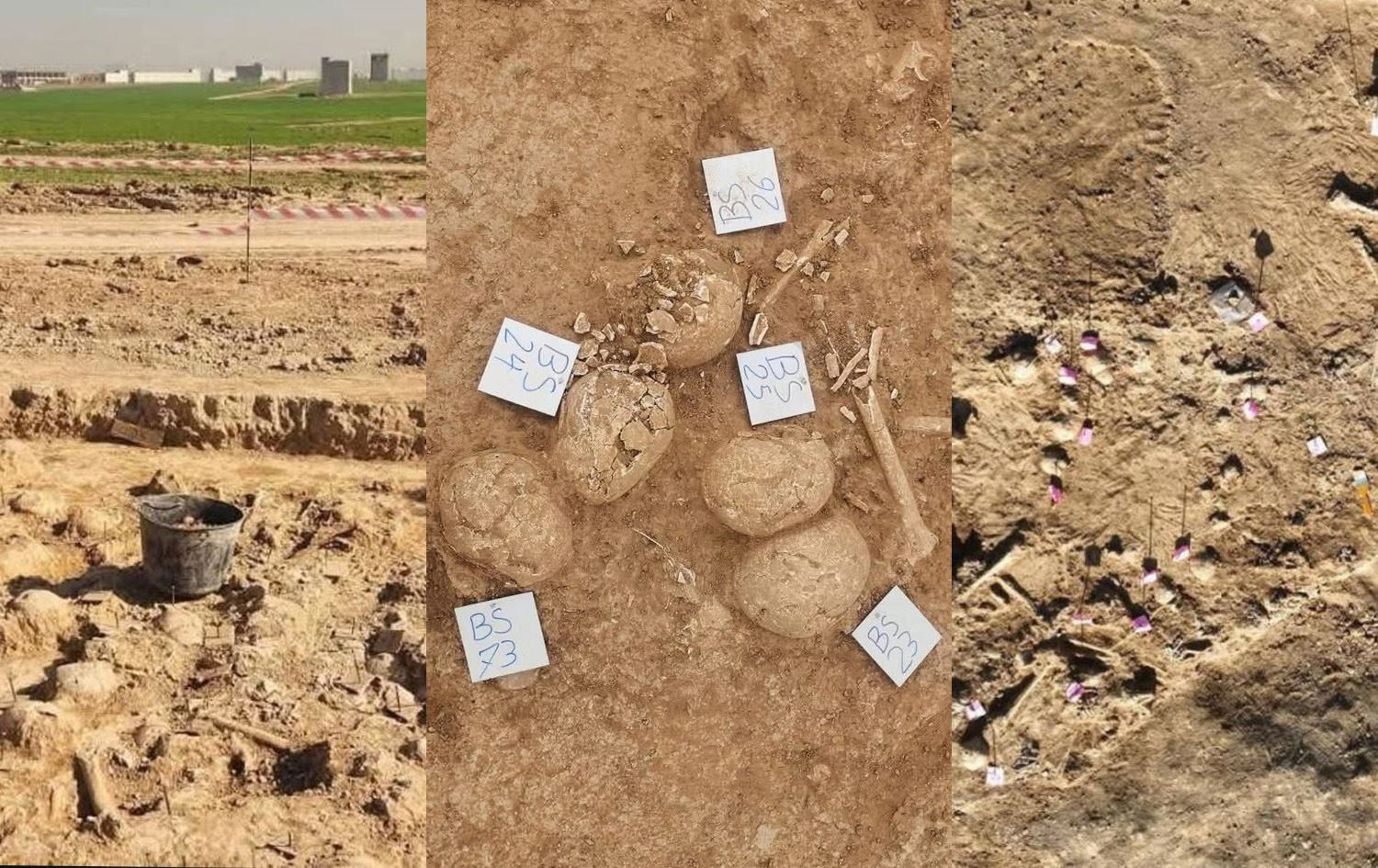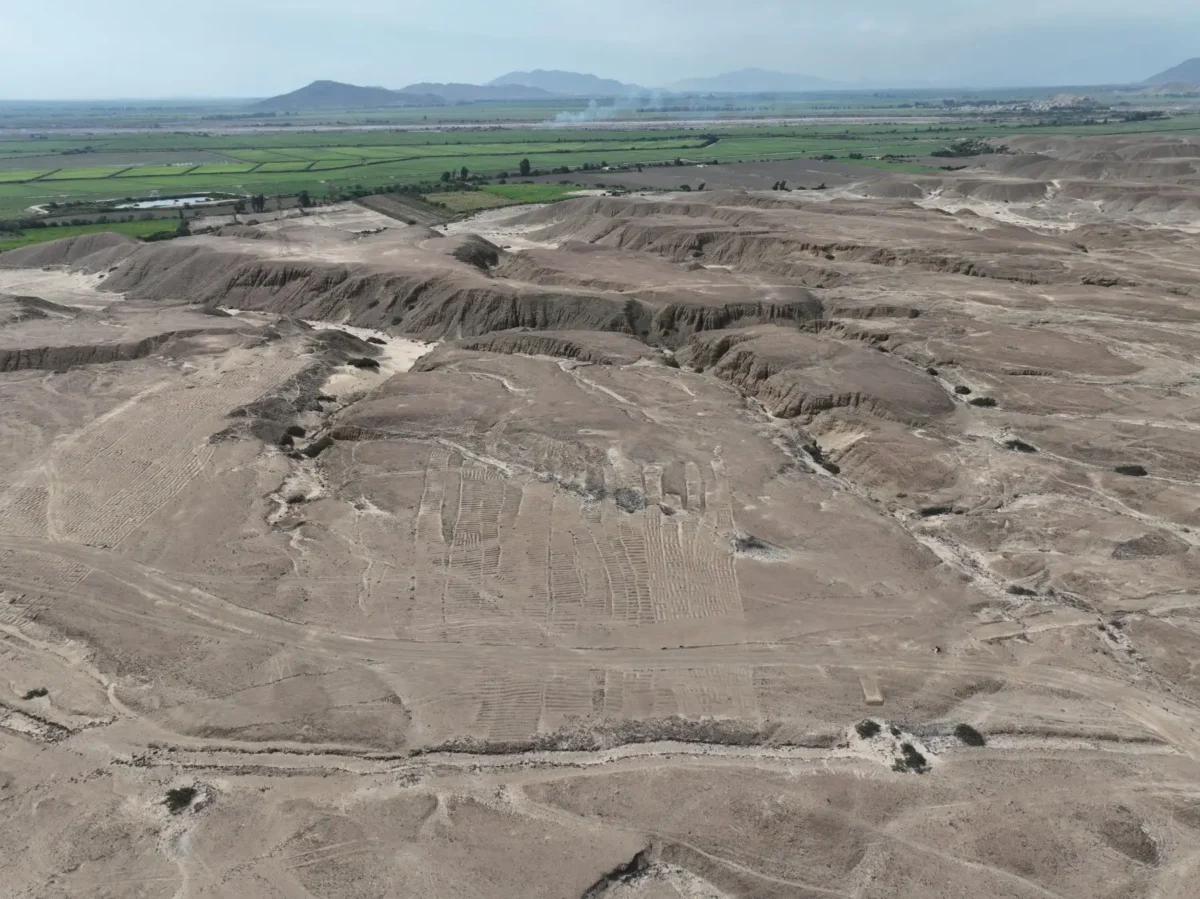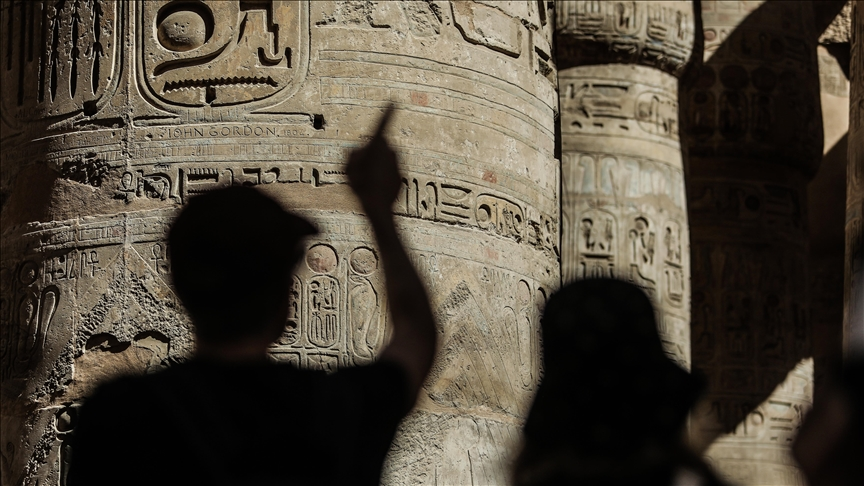In ancient Greece, oracles served as bridges between mortals and the divine. Among them, the most famous was the Oracle of Delphi, dedicated to Apollo. For centuries, leaders and ordinary people alike traveled to Delphi seeking answers about war, politics, colonization, and personal matters.
The priestess, known as the Pythia, entered a trance-like state—possibly aided by natural gases rising from the ground—and delivered cryptic prophecies. These messages were then interpreted by priests and often influenced major decisions.
Greek city-states took oracular advice seriously. Some consulted Delphi before founding new colonies; others sought guidance before launching military campaigns. Even powerful leaders like Croesus of Lydia and Alexander the Great sought the oracle’s counsel.
Oracles reinforced the belief that the gods played an active role in human affairs. They also served a political function, helping unify Greek culture around shared religious traditions.
Though their messages were often ambiguous, oracles shaped the course of ancient Greek history and remain a symbol of the civilization’s spiritual and philosophical depth.


